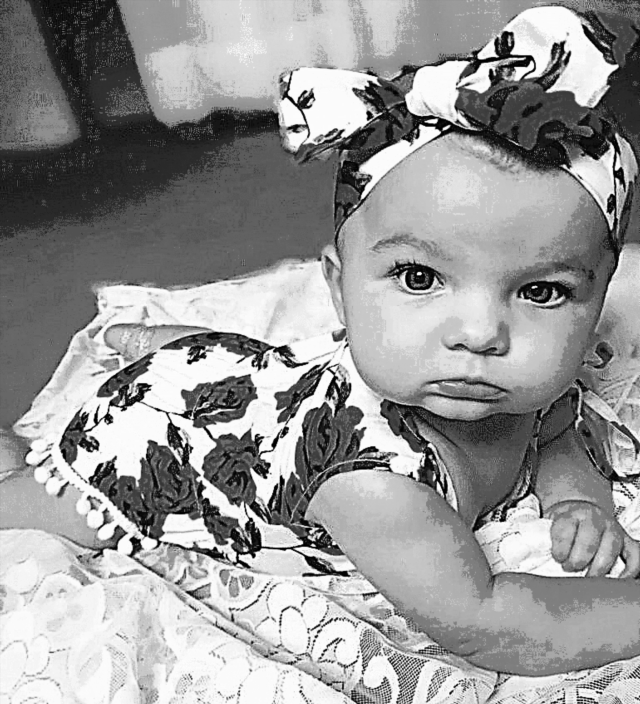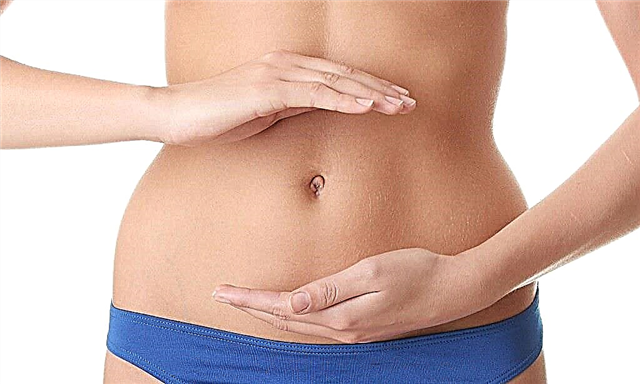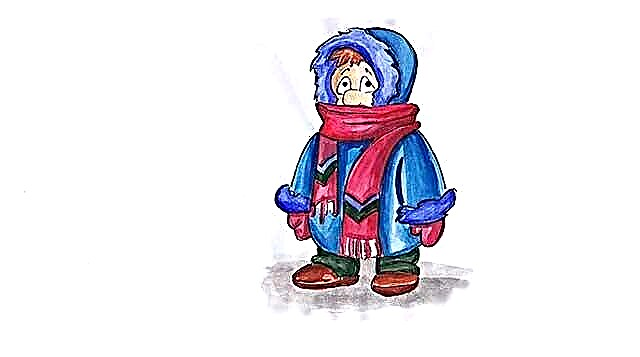Mother's milk is the healthiest food for a baby just born. But establishing the breastfeeding process is a difficult task for most new mothers. There are many common myths that not only turn out to be useless, but can also significantly harm.

Prepare nipples in advance
Many people strongly recommend rubbing the nipples with a hard towel or stimulating (pulling) them with your fingers even during pregnancy. This is a dangerous misconception, because such an aggressive effect provokes the production of the hormone oxytocin. And it leads to premature contraction of the uterus and the onset of labor.
Express the remaining milk after feeding
You do not need to do this, because the female body produces the amount of milk that is needed to feed the baby. If you express the leftovers regularly, milk production becomes more intense. It gradually accumulates, the child does not eat all the milk, which leads to the development of lactostasis.
Feed the baby by the hour, and give a pacifier at night, not breast
The body of each baby is individual, and, depending on this, he needs a different amount of milk and a different interval between feedings. Those who advise to give up night feeds are wrong: after all, during this period, a greater amount of prolactin is synthesized in the female body - a hormone that is responsible for milk production.
Express milk with your hands to estimate the amount
Expressing manually is an uninformative method for determining the amount of milk, because it is impossible to express as much as the baby sucks out, even with all the desire.
To supplement the child with water
Many argue that breast milk is food, and in order to replenish fluid balance, the baby needs to be supplemented with water. This is not the case, breast milk is both food and water. Therefore, it is not necessary to add water to the baby, even in hot weather.
Endure the pain
Sore nipples when breastfeeding is a common problem. But you have to fight it. To do this, you need to properly attach the baby to the breast so that it completely captures the nipple. And if painful cracks form on the skin, the nipples are lubricated with regenerating agents (Bepanten, Purelan, sea buckthorn oil).
Milk color indicates its fat content
This is true, but you do not need to panic if translucent drops of liquid are released from the breast before feeding. This does not mean that the milk is not fat enough and the child needs to be additionally fed with artificial mixtures. The fact is that the composition of milk is constantly changing. So, at the beginning of feeding, it really contains less fat, the front milk is watery. This is necessary in order to saturate the child's body with fluid. Towards the end of the feed, the milk acquires the required fat content and nutritional value.
Crying after feeding is a sign of hunger
This is sometimes the case. But there are other reasons for crying babies. For example, a child may be hot or cold and suffer from colic and discomfort. Therefore, there is no need to rush to feed the baby with a formula (supplementary feeding with a formula is a direct way to switch to artificial feeding), perhaps he is crying not at all because he is hungry. The reason for crying after feeding may also be: you removed the breast too early (let the baby suck as much as he wants); he does not properly grip the nipple and receives less milk; breast milk contains allergens that irritate the stomach (reconsider your diet).
Avoid breastfeeding during the first hours after birth
During this period, colostrum is produced, which many consider to be a useless product. And in vain, because it contains components that are indispensable for the newborn, which contribute to its normal development and protect against infections (it contains anti-infectious proteins, prebiotics, vitamins A and E and other nutrients). Therefore, the sooner the baby is breastfed, the better. Latching on to the breast immediately after childbirth will protect the newborn from bacterial infections, create the correct intestinal flora, and help remove meconium and excess bilirubin.
End breastfeeding before 1 year of age
Many people tend to believe that after a baby reaches one year of age, he does not need breast milk. Moreover, it is considered harmful to him. Of course, breast milk alone is not enough for a full-fledged nutrition of an older baby, but you do not need to give up HS, on the contrary, doctors recommend extending this period to at least one and a half years.
- Fundamental Breastfeeding Tips for Nursing Mothers
- WHO breastfeeding guidelines
- Basic rules for breastfeeding
- 13 ways to boost lactation
- 10 signs your baby is not ready for weaning



